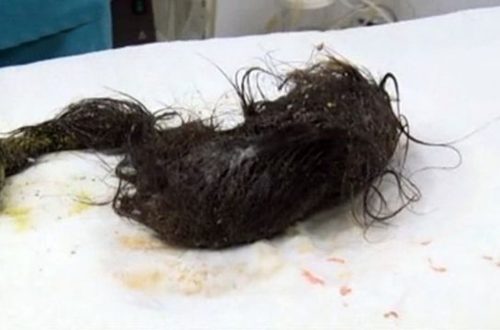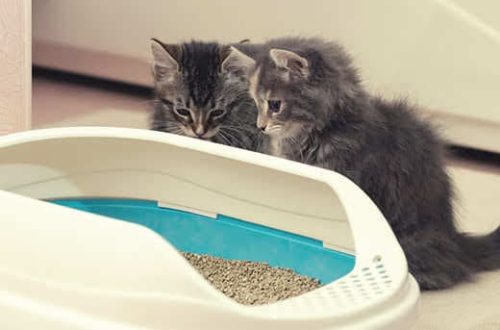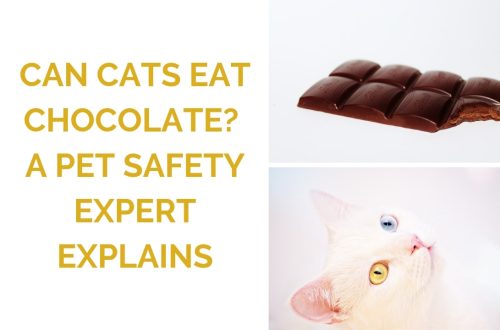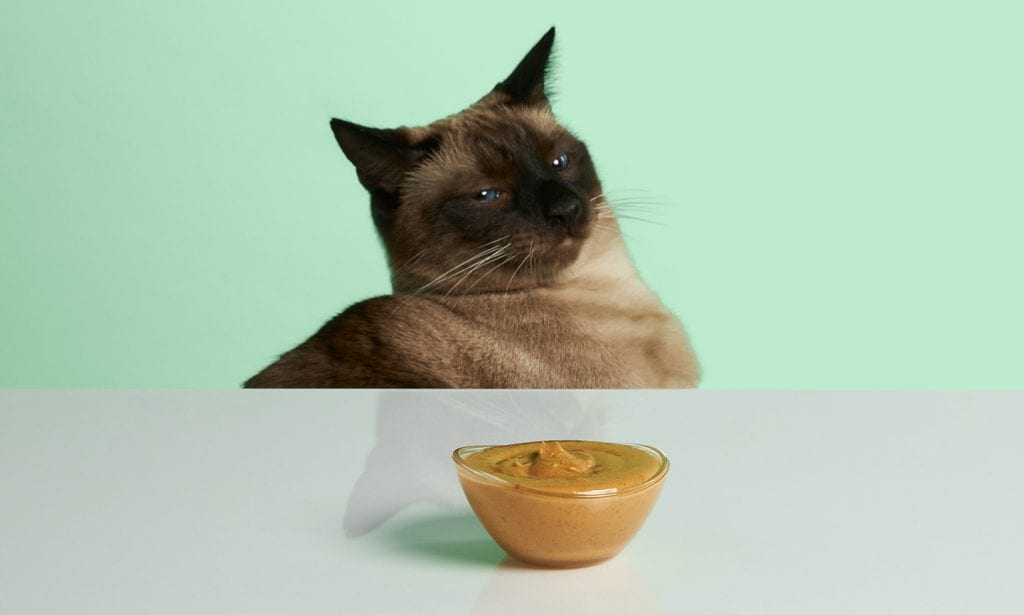
Can cats eat peanut butter
Like some other human foods, peanut butter is safe for pets to consume in moderation. However, to answer the question “Can a cat have peanut butter?” a little harder than just saying “yes” or “no”.
Contents
Can cats eat peanut butter?
While many cats love the taste of this sweet-and-salty spread, owners should not give their pets peanut butter. It does not provide any nutritional value, and more importantly, some of the ingredients in peanut butter, such as fat and artificial sweeteners, can be harmful or even toxic to cats.
Dangerous Ingredients
If the owner nevertheless decides to offer this delicacy to the cat, it is necessary to carefully check its composition. When processing natural peanuts into peanut butter, components are added to it that can be hazardous to the health of the animal. Among the ingredients dangerous for pets, the following are distinguished:
- Xylitol. It is an artificial sweetener that is toxic to animals. Signs of xylitol poisoning include vomiting, drooling, extreme lethargy, balance problems, and even seizures. CatHealth.com. This sweetener is also found in other human foods such as baked goods and chewing gum.
- Oil and fat. Peanuts, despite a common misconception, are not a nut at all, but a legume. They are edible seeds enclosed in pods, much like green peas, lentils, and other legumes. However, in terms of nutritional value, peanuts are considered a nut and are high in oils and fats. According to American Society for the Prevention of Cruelty to Animals (ASPCA), nuts are high on the list of foods for people not to give to pets. And if they can be useful for humans, they are not suitable for pets and can cause them problems with the gastrointestinal tract.
- Sodium. Natural peanuts do not contain sodium, but roasted peanuts, from which many peanut butters are made, are high in sodium. As the ASPCA explains, salty foods should not be fed to your pet because too much of it can cause vomiting, diarrhea, excessive thirst, increased urination, and even depression, seizures, and other serious health problems. As in the case of feeding cats cheese, sodium found in human foods can also cause heart problems.
How much peanut butter can you give a cat
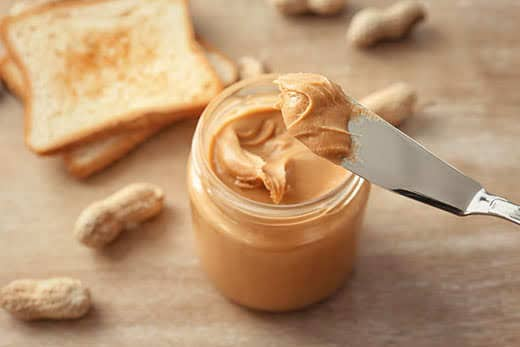
Feeding peanut butter and products containing peanut butter to your cat should be completely avoided, as they pose more of a risk than a benefit to her health. Peanut butter is generally the go-to food for dog owners. It is used to hide medicine or pamper a pet. However, it should not be considered as a treat for a cat.
If peanut butter is the only way to treat your cat, you can offer him a very small spoonful of all-natural, xylitol-free peanut butter. Quantity is important because small portion of human food for a pet, in terms of calories, it can be equivalent to a full meal. For example, a tablespoon of peanut butter exceeds the daily calorie requirement of an adult cat.
Healthy snack for cats
It’s best to offer your furry friend alternative treats, such as cat food containing ingredients that provide a balanced diet. You can hide a pill, capsule, or even liquid medicine in a ball of wet cat food, which, unlike peanut butter, won’t stick to your cat’s palate.
Offering food formulated specifically for cats can provide your pet with the required amount of calories. So he will stay happy and healthy for a long time.



